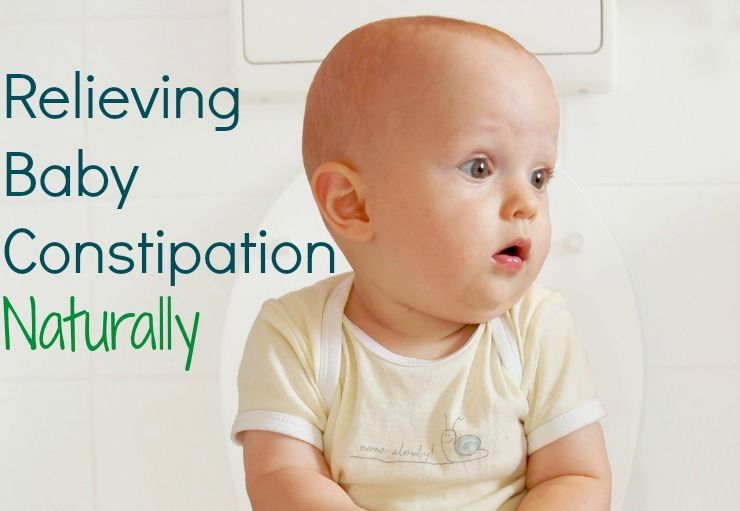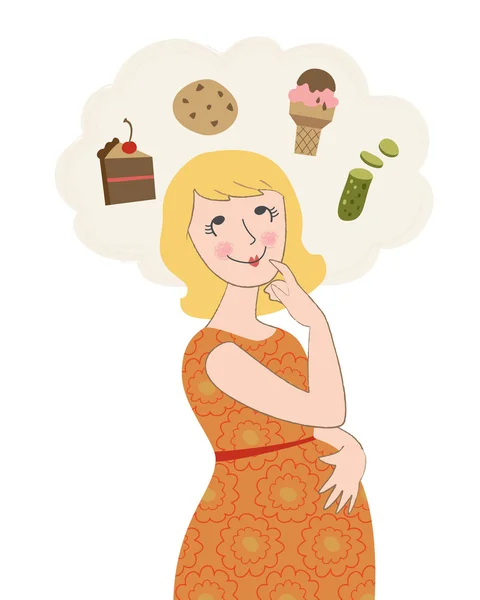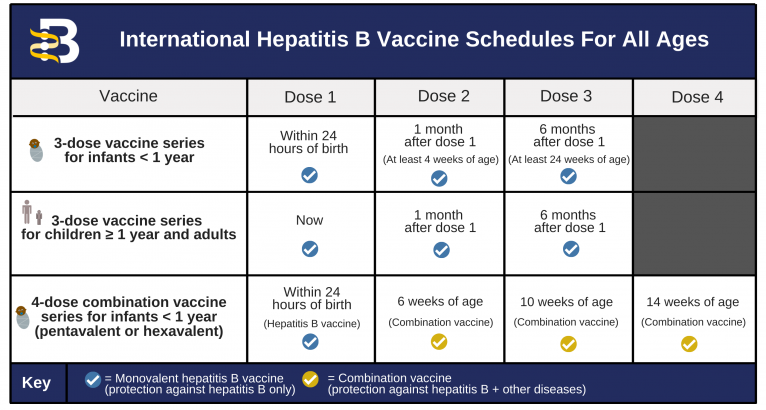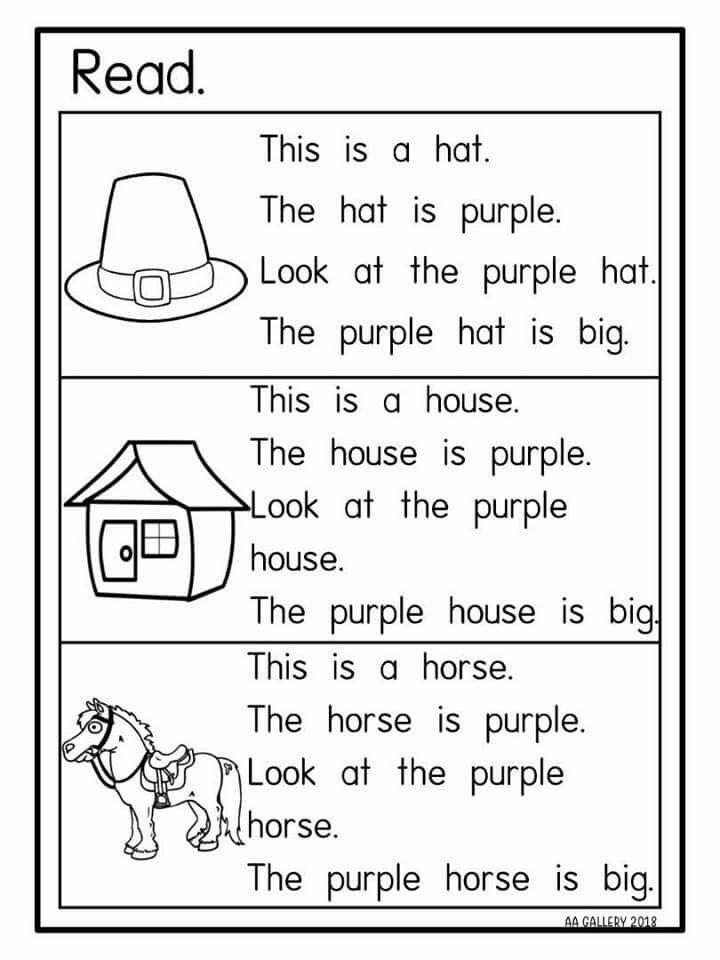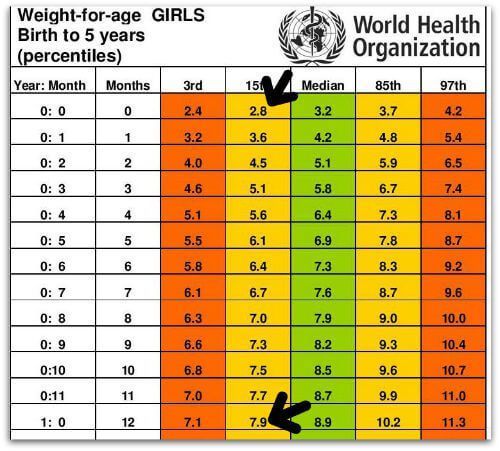My breastfeeding baby is constipated
Constipation in Breastfed Babies: Symptoms, Causes, and Treatment
Breast milk is easy for babies to digest. In fact, it’s considered a natural laxative. So it’s rare for babies who are breastfed exclusively to have constipation.
But that doesn’t mean it can’t happen.
Every baby poops on a different schedule — even ones who only are fed breast milk. Read on to learn more about constipation in babies, including symptoms, causes, and how to treat it.
How can you tell if your baby’s constipated? It’s important to note that the frequency of bowel movements isn’t always an accurate indication of constipation. Neither is seeing your baby grunt or strain while having a movement.
Many babies look like they’re pushing when they’re having a bowel movement. That may be because babies use their abdominal muscles to help them pass stool. They also spend a lot of time on their backs, and without gravity to help them, they may have to work a little more to move their bowels.
Better indications of constipation in a breastfed baby are:
- firm, tight, distended belly
- hard, pebble-like stools
- crying while having a bowel movement
- not wanting to feed
- bloody stool that is hard (which may be caused by hard stool tearing some of the anal tissue as it passes)
For the most part, breastfed babies don’t experience constipation until solid foods are introduced, around the time they’re 6 months old. Some foods that may be constipating include:
- Rice cereal. Rice is binding, meaning it absorbs water in the gut, making stool hard to pass. Consider switching to oatmeal or barley cereal if your baby show signs of constipation.
- Cow’s milk. This is usually introduced at about a year.
- Bananas. This fruit is another common culprit of constipation in babies. You can try feeding it to your baby pureed with some water or 100-percent fruit juice mixed in.

- A low-fiber diet. White pastas and breads are low-fiber foods. Without enough fiber, it may be harder for your baby to pass stools.
Other things that might produce constipation include:
- Not giving your child enough liquids. Always try to breastfeed your baby before offering solids. Liquid will help your baby pass their stools more easily.
- Stress. Travel, heat, a move — these can all be stressful to a baby and cause constipation.
- Sickness. Stomach bugs can cause vomiting and diarrhea, which can lead to dehydration and constipation. Even something like a common cold can decrease your child’s appetite and, because of nasal congestion, make it uncomfortable for them to nurse. Less liquid means more chance for constipation.
- Medical condition. A medical issue, such as having an abnormality in the digestive tract, may cause constipation, although this is rare.

A normal amount for a baby to poop varies by age, and, yes, the baby’s diet. Here’s a sample poop timeline for breastfed babies from Seattle Children’s Hospital:
| Days 1–4 | Your baby will poop about once a day. The color will change slightly from dark green/black to dark green/brown and it’ll become looser as your milk comes in. |
| Days 5–30 | Your baby will poop about 3 to 8 or more times day. The color will change slightly from dark green/black to dark green/brown and it’ll become looser and then more yellow as your milk comes in. |
| Months 1–6 | By the time they’re about a month old, babies are pretty good at absorbing all the breast milk they drink. As such, they may pass a few soft stools each day or just one soft stool every few days. Some babies don’t poop for up to two weeks, and that’s still considered normal. |
| Month 6–onward | As you start introducing solid foods to your baby (at about 6 months) and cow’s milk (at about 12 months), your baby may poop more frequently.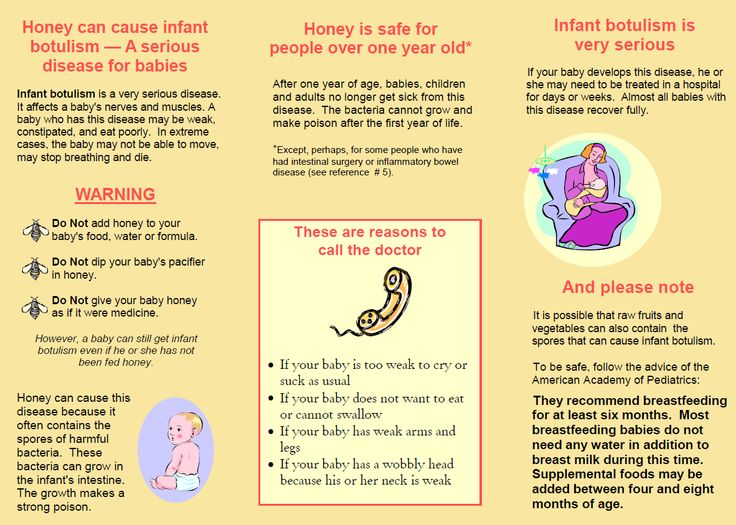 That’s because your baby’s digestive system is still immature and has to figure out how to digest all these new foods. On the flip side, your baby may now become constipated. Some foods are naturally constipating, and cow’s milk can be hard for even some mature digestive systems to handle. That’s because your baby’s digestive system is still immature and has to figure out how to digest all these new foods. On the flip side, your baby may now become constipated. Some foods are naturally constipating, and cow’s milk can be hard for even some mature digestive systems to handle. |
Here are some tips to prevent and treat constipation:
- Add more fiber to their diet if your baby’s started solid foods, Switch from rice cereal to barley, which has more fiber. When you start introducing fruits and vegetables, try high-fiber ones like pureed prunes and peas.
- Pump your baby’s legs back and forth as if they’re riding a bicycle. Also, put them on their tummies with some toys and encourage them to squirm and reach. Activity can encourage a bowel movement.
- Give your baby a tummy massage. With your hand just below the navel, gently massage your baby’s tummy in a circular motion for about a minute.

Can a nursing mother’s diet cause — or relieve — a baby’s constipation? The short answer is probably not.
According to a 2017 study of 145 women in the Korean Journal of Pediatrics, there are no foods a breastfeeding mom needs to avoid unless the baby has an obvious negative reaction to it.
Gas and fiber are not passed from mom to baby. Neither is the acid from acidic foods like citrus and tomatoes. A breastfeeding mom can have pretty much any food she wants in moderation.
According to La Leche League International, it’s not what or how much you eat or drink that stimulates your milk — it’s your baby’s ability to suck that gets the milk coming. Also, breast milk is made from what’s in your bloodstream, not your digestive tract.
Still, it’s important to eat a nutritious, well-balanced diet when you’re nursing, more for your own health and well-being than your baby’s.
Don’t hesitate to call a doctor if:
- these simple remedies for constipation don’t work
- your baby seems in distress
- your baby refuses to eat
- your baby has a fever
- your baby is vomiting
- your baby has a hard, swollen belly
Your doctor will examine your baby and may even order special tests, like an abdominal X-ray to check for intestinal blockages. You can ask your doctor about using suppositories and which ones are safe, though these are not often recommended or needed.
You can ask your doctor about using suppositories and which ones are safe, though these are not often recommended or needed.
Never give a baby a laxative or suppository without checking with a healthcare provider first.
Most breastfed babies don’t become constipated until they start solid foods. Even then, it’s not a sure thing. Simple diet and activity changes are often effective. But if the constipation continues, see your child’s doctor for medical advice.
Constipation in Breastfed Babies: Symptoms, Causes, and Treatment
Breast milk is easy for babies to digest. In fact, it’s considered a natural laxative. So it’s rare for babies who are breastfed exclusively to have constipation.
But that doesn’t mean it can’t happen.
Every baby poops on a different schedule — even ones who only are fed breast milk. Read on to learn more about constipation in babies, including symptoms, causes, and how to treat it.
How can you tell if your baby’s constipated? It’s important to note that the frequency of bowel movements isn’t always an accurate indication of constipation. Neither is seeing your baby grunt or strain while having a movement.
Neither is seeing your baby grunt or strain while having a movement.
Many babies look like they’re pushing when they’re having a bowel movement. That may be because babies use their abdominal muscles to help them pass stool. They also spend a lot of time on their backs, and without gravity to help them, they may have to work a little more to move their bowels.
Better indications of constipation in a breastfed baby are:
- firm, tight, distended belly
- hard, pebble-like stools
- crying while having a bowel movement
- not wanting to feed
- bloody stool that is hard (which may be caused by hard stool tearing some of the anal tissue as it passes)
For the most part, breastfed babies don’t experience constipation until solid foods are introduced, around the time they’re 6 months old. Some foods that may be constipating include:
- Rice cereal. Rice is binding, meaning it absorbs water in the gut, making stool hard to pass.
 Consider switching to oatmeal or barley cereal if your baby show signs of constipation.
Consider switching to oatmeal or barley cereal if your baby show signs of constipation. - Cow’s milk. This is usually introduced at about a year.
- Bananas. This fruit is another common culprit of constipation in babies. You can try feeding it to your baby pureed with some water or 100-percent fruit juice mixed in.
- A low-fiber diet. White pastas and breads are low-fiber foods. Without enough fiber, it may be harder for your baby to pass stools.
Other things that might produce constipation include:
- Not giving your child enough liquids. Always try to breastfeed your baby before offering solids. Liquid will help your baby pass their stools more easily.
- Stress. Travel, heat, a move — these can all be stressful to a baby and cause constipation.
- Sickness. Stomach bugs can cause vomiting and diarrhea, which can lead to dehydration and constipation.
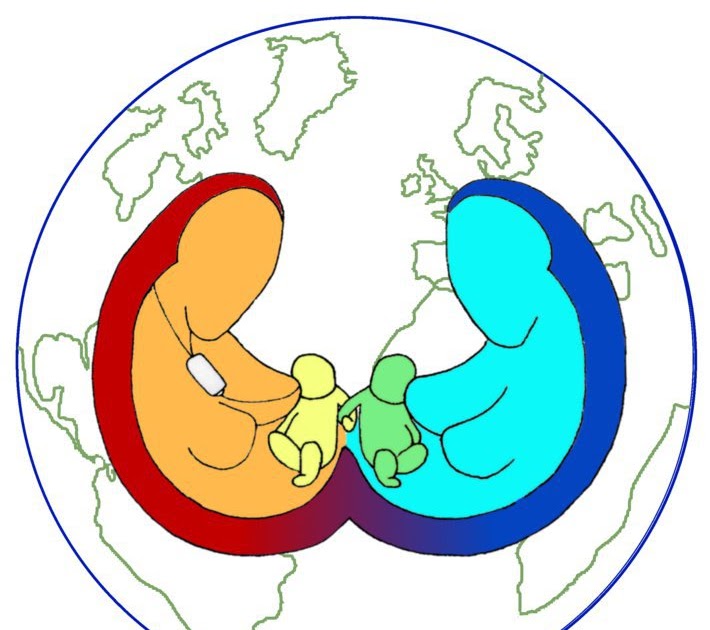 Even something like a common cold can decrease your child’s appetite and, because of nasal congestion, make it uncomfortable for them to nurse. Less liquid means more chance for constipation.
Even something like a common cold can decrease your child’s appetite and, because of nasal congestion, make it uncomfortable for them to nurse. Less liquid means more chance for constipation. - Medical condition. A medical issue, such as having an abnormality in the digestive tract, may cause constipation, although this is rare.
A normal amount for a baby to poop varies by age, and, yes, the baby’s diet. Here’s a sample poop timeline for breastfed babies from Seattle Children’s Hospital:
| Days 1–4 | Your baby will poop about once a day. The color will change slightly from dark green/black to dark green/brown and it’ll become looser as your milk comes in. |
| Days 5–30 | Your baby will poop about 3 to 8 or more times day. The color will change slightly from dark green/black to dark green/brown and it’ll become looser and then more yellow as your milk comes in. |
| Months 1–6 | By the time they’re about a month old, babies are pretty good at absorbing all the breast milk they drink. As such, they may pass a few soft stools each day or just one soft stool every few days. Some babies don’t poop for up to two weeks, and that’s still considered normal. As such, they may pass a few soft stools each day or just one soft stool every few days. Some babies don’t poop for up to two weeks, and that’s still considered normal. |
| Month 6–onward | As you start introducing solid foods to your baby (at about 6 months) and cow’s milk (at about 12 months), your baby may poop more frequently. That’s because your baby’s digestive system is still immature and has to figure out how to digest all these new foods. On the flip side, your baby may now become constipated. Some foods are naturally constipating, and cow’s milk can be hard for even some mature digestive systems to handle. |
Here are some tips to prevent and treat constipation:
- Add more fiber to their diet if your baby’s started solid foods, Switch from rice cereal to barley, which has more fiber. When you start introducing fruits and vegetables, try high-fiber ones like pureed prunes and peas.
- Pump your baby’s legs back and forth as if they’re riding a bicycle.
 Also, put them on their tummies with some toys and encourage them to squirm and reach. Activity can encourage a bowel movement.
Also, put them on their tummies with some toys and encourage them to squirm and reach. Activity can encourage a bowel movement. - Give your baby a tummy massage. With your hand just below the navel, gently massage your baby’s tummy in a circular motion for about a minute.
Can a nursing mother’s diet cause — or relieve — a baby’s constipation? The short answer is probably not.
According to a 2017 study of 145 women in the Korean Journal of Pediatrics, there are no foods a breastfeeding mom needs to avoid unless the baby has an obvious negative reaction to it.
Gas and fiber are not passed from mom to baby. Neither is the acid from acidic foods like citrus and tomatoes. A breastfeeding mom can have pretty much any food she wants in moderation.
According to La Leche League International, it’s not what or how much you eat or drink that stimulates your milk — it’s your baby’s ability to suck that gets the milk coming. Also, breast milk is made from what’s in your bloodstream, not your digestive tract.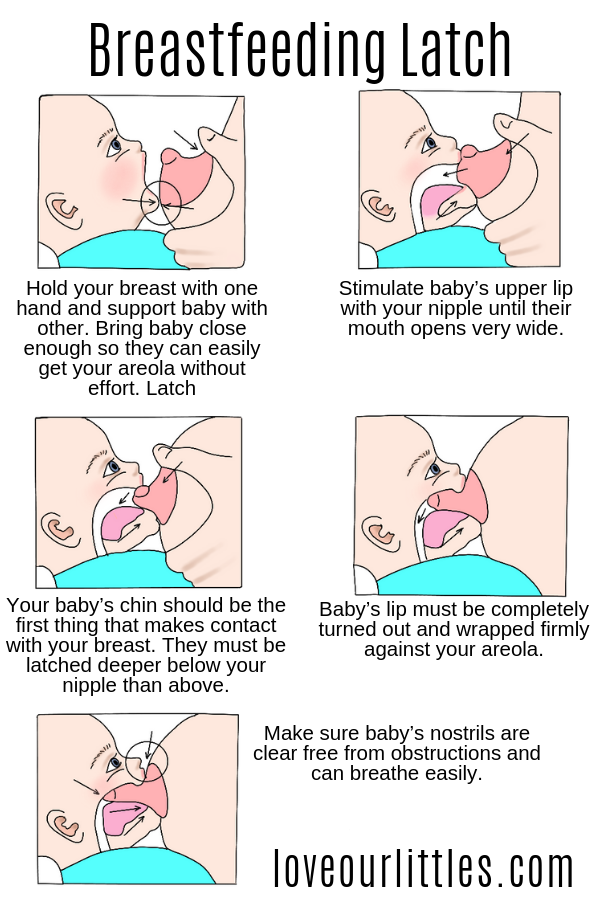
Still, it’s important to eat a nutritious, well-balanced diet when you’re nursing, more for your own health and well-being than your baby’s.
Don’t hesitate to call a doctor if:
- these simple remedies for constipation don’t work
- your baby seems in distress
- your baby refuses to eat
- your baby has a fever
- your baby is vomiting
- your baby has a hard, swollen belly
Your doctor will examine your baby and may even order special tests, like an abdominal X-ray to check for intestinal blockages. You can ask your doctor about using suppositories and which ones are safe, though these are not often recommended or needed.
Never give a baby a laxative or suppository without checking with a healthcare provider first.
Most breastfed babies don’t become constipated until they start solid foods. Even then, it’s not a sure thing. Simple diet and activity changes are often effective. But if the constipation continues, see your child’s doctor for medical advice.
What to do with constipation in a newborn?
Constipation in a newborn or infant is an extremely unpleasant problem for parents. And it is not always possible to quickly determine what is the cause of constipation in an infant. Most often, problems with bowel movements in babies are functional in nature and are directly related to the nutrition of the child.
Signs of constipation in a child of the first year of life
- Infrequent dry and hard stools
- Sleep disorder
- Troubled state
- Pungent odor of feces and flatus
Causes of constipation in a newborn child
Causes of constipation in newborns and infants, as a rule, are not associated with a serious pathology of the internal organs or the central nervous system. The main cause of constipation in a baby is malnutrition, early transfer of a child to supplementary feeding with infant formula, frequent changes in products during artificial feeding.
When breastfeeding, the formation of constipation in children of the first year of life is affected by poor nutrition of the mother, for example, the use of large amounts of animal fats and a lack of fiber in the diet. One possible cause of constipation in newborns is dehydration.
What to do if a child has problems with stool
- If a child under one year old has acute constipation and there is anxiety, straining and arching, we actively massage the abdomen in a clockwise direction so that hand marks remain on the skin (but not bruises!) . We spread it on the stomach, do the exercise - legs to the head, children under one year old can massage the anus, if all this does not help - a children's candle with glycerin from the refrigerator.
- If such situations are repeated often - a mandatory consultation with a pediatrician.
- When introducing complementary foods to a baby with a tendency to constipation, introduce fruits and vegetables into the diet first.

- If the child is older than a year and the process is chronic - evaluate nutrition - whether there are the necessary 5 servings of vegetables and fruits per day (portion - from the palm or fist of the baby). Estimate - how much water does the child drink per day? Is there enough physical activity during the day? What is the psychological climate in the family and the attitude - not to demand a chair from the child, not to swear and not to shout, not to discuss problems with other people in his presence, not to force him to sit on the potty, not to scold him for dirty panties when anointing.
- It is better to choose laxatives based on macrogol or lactulose with the help of a doctor.
- In parallel with laxatives, we conduct psychological work with the child at home and with a specialist - books about defecation, toilet games, etc.
In what case should you be very worried about constipation in a child? Namely:
- if there is no meconium discharge in the first days of life;
- retardation and constipation;
- vomiting and tense abdomen;
- blood in stool;
- changes in hair growth and pigmentation of the sacrum and coccyx,
- violation of the development of the sacrum;
- changes in the anus - fistulas with discharge, hematomas, inflammation;
- change in the muscular skeleton of the anterior abdominal wall - lack of muscles or insufficient development.

If a baby up to a year old is breastfed for several days (3-5 days, but not weeks!) Does not poop and does not worry - if he is cheerful and cheerful, eats well, does not spit up and does not stain the diaper, and farts well, in this no parental intervention required! The stool should be soft and not cause trouble during bowel movements.
In the treatment of constipation, toilet training is important - every day at the same time, preferably after eating and drinking - calmly and kindly go to the potty (if the toilet is, then there should be a support under the feet so that the knees are above the level of the priests) and try to poop. If there was no stool for several days, you can pre-put a glycerin suppository.
In the presence of painful defecation, fissures and blood, urgently show the child to a doctor (gastroenterologist or proctologist) and start treatment - local baths, suppositories and laxatives are applied. This is absolutely necessary in order to soften the stool and prevent the formation of persistent fear of defecation, which is then very difficult to remove. Before defecation with a dense stool, you can additionally lubricate the anus with baby oil. 9+7 (423) 267-61-30; +7 (423) 274-32-22; +7 914-704-32-22.
Before defecation with a dense stool, you can additionally lubricate the anus with baby oil. 9+7 (423) 267-61-30; +7 (423) 274-32-22; +7 914-704-32-22.
Make an appointment online:
PediatricianGeneral practitionerUltrasound doctorGastroenterologistHematologistGynecologistImmunologist-allergistInfectionistCardiologistNeurologistOtorhinolaryngologist (ENT)Orthopedist-traumatologistOphthalmologistPsychiatristUrologist-andrologistPhysiotherapistPhthisiatricianSurgeonEndocrinologistHouse doctorVaccinationMedical examinationTestsOnline consultation Conclude an observation agreement (subscription)
I agree to the processing of data
Please enable JavaScript to pass the CAPTCHA test
If you have any questions, ask them in the comment form below↓↓↓
Leave This Blank:Leave This Blank Too:Do Not Change This: Your email:
Constipation in a child: what to do?
Constipation disrupts the functioning of the gastrointestinal tract.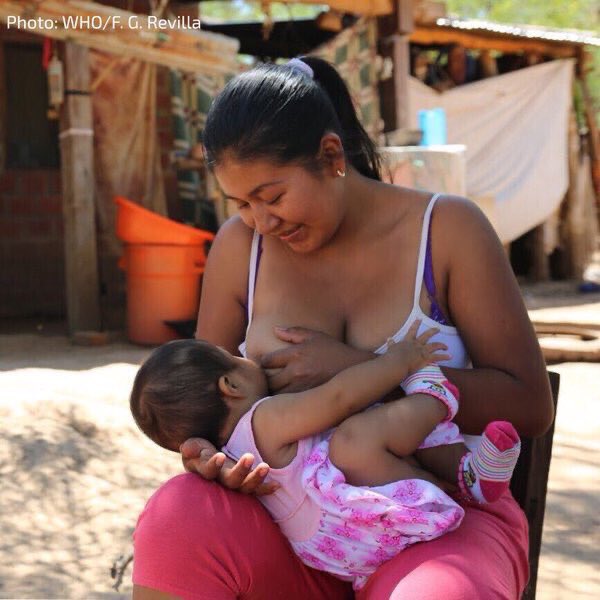 The main manifestation of constipation is a rare stool, difficulty in emptying the intestinal tract. If emptying occurs every three days, but there is no swelling and discomfort, and the feces have a normal consistency, this is not considered constipation.
The main manifestation of constipation is a rare stool, difficulty in emptying the intestinal tract. If emptying occurs every three days, but there is no swelling and discomfort, and the feces have a normal consistency, this is not considered constipation.
If your child is constipated, a specialist should be consulted. Initially, you should seek help from a gastroenterologist. The First Children's Medical Center employs the best pediatric gastroenterologists in Saratov: here you can get qualified medical care!
Symptoms of constipation
The main symptoms of constipation include:
- infrequent bowel movements;
- if the child pushes hard trying to go to the toilet;
- if there is pain during defecation;
- stools look like balls.
When the baby is breastfed, he can empty himself up to seven times a day, after each meal. During the first week, the frequency of emptying is three times a day.
When the baby is one month old, the chair will be daily. At two months of age and when complementary foods begin, stools can be once every two days. If the baby has a soft stool, he feels good, but at the same time he defecates once every few days, this is the norm.
At two months of age and when complementary foods begin, stools can be once every two days. If the baby has a soft stool, he feels good, but at the same time he defecates once every few days, this is the norm.
Signs of constipation include: discomfort during bowel movements, moodiness, very hard stools. If this situation persists, you should contact your pediatrician.
It is important to adjust the feeding regimen. Do not overfeed the child, do not transfer to artificial feeding if the mother has little milk. The first step is to try to fix the situation. A nursing mother should drink more fluids, stop eating foods that cause flatulence, reduce intestinal motility. Only in extreme cases should be transferred to artificial mixtures.
If the baby is bottle-fed, he should empty himself once a day. The main mistake in this case is that parents often change mixtures, try others. Mixtures should be adapted, sour-milk, which contain probiotics and prebiotics. It is also necessary to strictly follow the instructions, properly dilute the mixture, taking into account all proportions. The introduction of complementary foods should be on time. The diet should contain foods that contain a large amount of fiber.
The introduction of complementary foods should be on time. The diet should contain foods that contain a large amount of fiber.
After the introduction of complementary foods, the stool becomes formed, hard, less frequent. Until the age of three, bowel movements should be daily. After three years, the frequency of defecation should be at least three times a week.
Why constipation occurs
There are two types of constipation - organic and functional. The causes of organic constipation are:
- Hirschsprung's disease;
- anomalies in the development of the gastrointestinal tract;
- pathology of the endocrine system;
- violations of metabolic processes.
In a newborn child, this symptom may indicate a narrowing, lengthening or expansion of the intestinal tract.
The causes of functional constipation include:
- psychological problems, such as being in an unfamiliar environment;
- lactose deficiency;
- lack of fluid in the body;
- errors in the diet;
- negative reaction of the body to taking antibacterial drugs, drugs for the treatment of anemia, anticonvulsants;
- congestion of bile in the gallbladder and its ducts;
- Intestinal worms.

In newborns, the nervous system is immature, it is just being formed. Therefore, children are unable to control the movements of their muscles during bowel movements. You can help them by gently bending the legs, pressing them to the tummy. With these movements, the pelvic muscles relax, the bowel is released much faster.
How the therapy works
The treatment of constipation requires a holistic approach. Treatment is prescribed in each case individually, depending on the cause of constipation.
To ensure the normal functioning of all organs, it is necessary to adjust the stool in children. You will need to adjust your diet and lifestyle, do not abuse laxatives, as they help only temporarily.
The main principles of therapy include:
- Diet correction. Requires elimination of foods that can cause constipation. Among them are fermented milk products, rice, muffins, bakery products, pasta. The menu is recommended to include vegetable fiber, which is found in fresh fruits and vegetables.
 You should also abandon fast carbohydrates - flour products, sweets. You need to add to the menu more foods that contain potassium, for example, figs, dried apricots, prunes.
You should also abandon fast carbohydrates - flour products, sweets. You need to add to the menu more foods that contain potassium, for example, figs, dried apricots, prunes. - Observe the drinking regimen. It is important to drink clean drinking water. During the day, the child should drink at least 40 milliliters of water per kilogram of his weight.
- According to the doctor's prescription, medicines, homeopathic remedies should be given to the baby. These include drugs for the outflow of bile, drugs that restore the intestinal microflora. You can use antihelminthics, laxatives, drugs with lactulose in the composition. Your doctor may also prescribe medications that contain polyethylene glycol. They retain moisture in the intestines, thin the stool.
- In case of prolonged constipation, the child can be given a glycerine suppository, a microclyster as a stimulant.
- Undergo physiotherapeutic procedures prescribed by the doctor, massage, do therapeutic exercises.
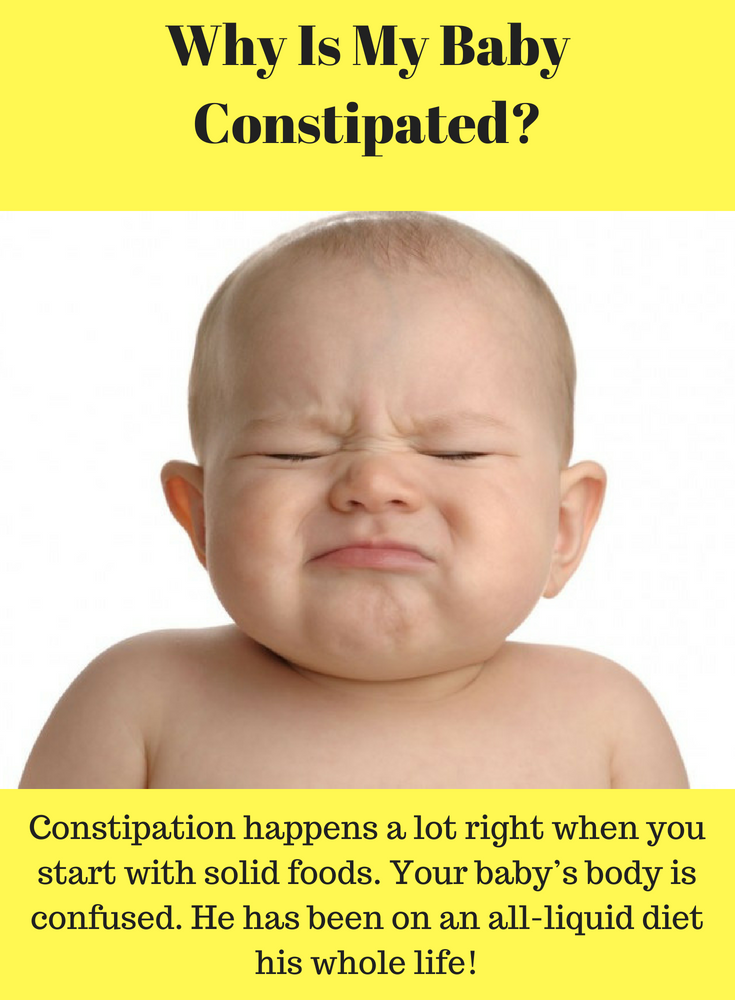
- Provide a calm environment, help the baby psychologically so that he is not afraid to empty his intestines. You can read fairy tales, play with your child.
- Train the intestines, after eating, put the child on the potty for a few minutes.
First you need to get rid of constipation and only then potty training. If constipation is not treated in a timely manner, this will entail unpleasant consequences for the health of the child.
Pediatric gastroenterologist: where to turn for help?
To get rid of this problem, you need to visit a pediatric gastroenterologist. First you need to find out why constipation occurs, adjust the diet, after which, depending on the cause, competent therapy is prescribed.
Contact the First Children's Medical Center: we employ pediatric gastroenterologists who have experience working with children of all ages. We monitor the constant improvement of staff qualifications and offer the services of only highly qualified doctors.